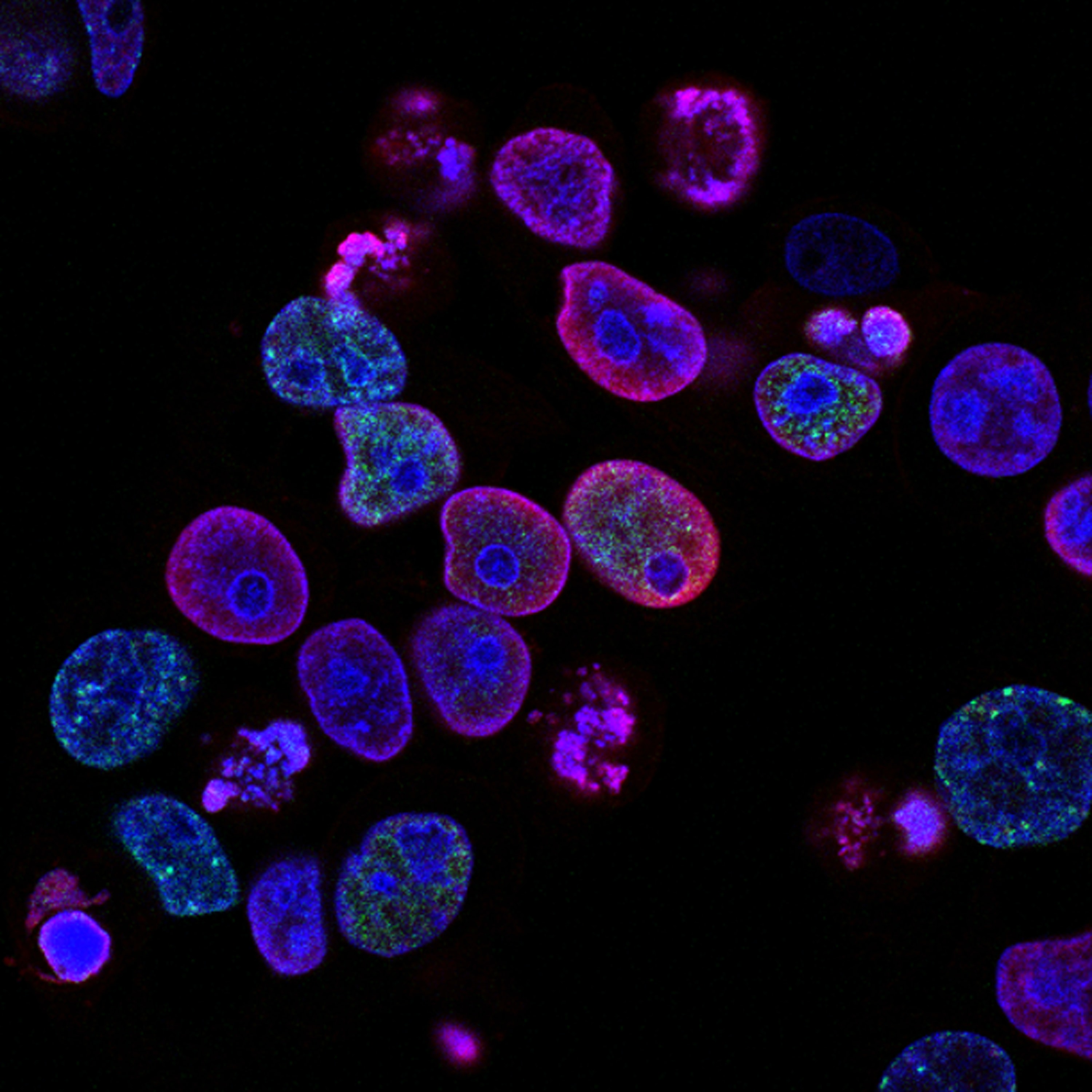Scientists make precise gene edits to mitochondrial DNA for first time
By Heidi Ledford,
Nature
| 07. 08. 2020
A peculiar bacterial enzyme has allowed researchers to achieve what even the popular CRISPR–Cas9 genome-editing system couldn’t manage: targeted changes to the genomes of mitochondria, cells’ crucial energy-producing structures.
The technique — which builds on a super-precise version of gene editing called base editing — could allow researchers to develop new ways to study, and perhaps even treat, diseases caused by mutations in the mitochondrial genome. Such disorders are most often passed down maternally, and impair the cell’s ability to generate energy. Although there are only a small number of genes in the mitochondrial genome compared with the nuclear genome, these mutations can particularly harm the nervous system and muscles, including the heart, and can be fatal to people who inherit them.
But it has been difficult to study such disorders, because scientists lacked a way to make animal models with the same changes to the mitochondrial genome. The latest technique marks the first time that researchers have made such targeted changes, and could allow researchers to do this. “It’s a very exciting development,” says Carlos Moraes, a mitochondrial geneticist...
Related Articles
By Mary Annette Pember, ICT News [cites CGS' Katie Hasson] | 04.18.2025
The sight of a room full of human cadavers can be off-putting for some, but not for Haley Omeasoo.
In fact, Omeasoo’s comfort level and lack of squeamishness convinced her to pursue studies in forensics and how DNA can be...
Gray wolf by Jessica Eirich via Unsplash
“I’m not a scarcity guy, I’m an abundance guy”
– Colossal co-founder and CEO Ben Lamm, The New Yorker, 4/14/25
Even the most casual consumers of news will have seen the run of recent headlines featuring the company Colossal Biosciences. On March 4, they announced with great fanfare the world’s first-ever woolly mice, as a first step toward creating a woolly mammoth. Then they topped that on April 7 by unveiling one...
By Katrina Northrop, The Washington Post | 04.06.2025
photo via Wikimedia Commons licensed under CC by 3.0
China's most infamous scientist is attempting a comeback. He Jiankui, who went to jail for three years after claiming he had created the world's first genetically altered babies, says he remains...
By Anumita Kaur [cites CGS’ Katie Hasson], The Washington Post | 03.25.2025
Genetic information company 23andMe has said that it is headed to bankruptcy court, raising questions for what happens to the DNA shared by millions of people with the company via saliva test kits.
Sunday’s announcement clears the way for a new...




